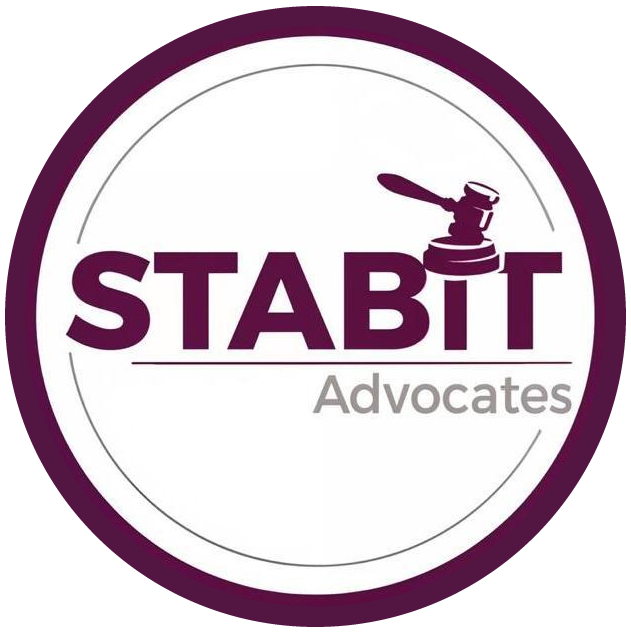The Remote Work Revolution: Navigating the Legal Landscape of the New Corporate Reality. A stabit…

Investing in Rwanda’s Health Services Sector: A Legal Perspective
September 17, 2024 9:53 am
Stabit Advocates is pleased to present this comprehensive legal analysis on the investment opportunities within Rwanda’s health services sector. This document aims to provide potential investors with a detailed understanding of the legal framework, regulatory environment, and the myriad opportunities available in this vital sector.
Legal Framework
The health services sector in Rwanda is governed by a robust legal and regulatory framework designed to promote sustainable development and attract foreign investment. Key legislation includes the Investment Code (Law No. 006/2021 of 5 February 2021) and the Health Sector Policy (2015). These laws provide a clear and transparent process for obtaining licenses, ensuring compliance with environmental standards, and offering various incentives to investors.
Licensing and Permits
Investors seeking to engage in health services projects in Rwanda must obtain the necessary licenses and permits. The Rwanda Development Board (RDB) is the primary regulatory authority responsible for issuing these licenses. The types of licenses available include:
- Health Facility License: Required for the establishment and operation of hospitals, clinics, and other health facilities. This license ensures compliance with national health standards.
- Pharmacy License: Necessary for the operation of pharmacies and drug distribution centers. This license is issued based on adherence to pharmaceutical regulations.
- Medical Practitioner License: Required for individual healthcare providers, ensuring they meet the professional standards set by the Rwanda Medical and Dental Council.
Environmental Compliance
Investors are required to conduct Environmental Impact Assessments (EIAs) and obtain Environmental Impact Assessment Certificates before commencing any health services projects. The Rwanda Environment Management Authority (REMA) oversees this process to ensure that health facilities do not adversely affect the environment.
Investment Incentives
Rwanda offers a range of fiscal and non-fiscal incentives to attract investment in the health services sector. These incentives include:
- Fiscal Incentives:
- Accelerated depreciation of assets at 50% for the first year.
- Exemption from import duties on medical equipment and supplies.
- Value-added tax (VAT) refund on health-related equipment.
- Capital gains tax exemption.
- Preferential corporate income tax rate for specific health projects.
- Non-Fiscal Incentives:
- Facilitation with obtaining visas and work permits.
- Provision of notary services by the RDB’s One Stop Center.
- Assignment of a Key Account Manager to assist with project registration and implementation.
Investment Opportunities
The health services sector in Rwanda presents numerous investment opportunities across various sub-sectors. Key opportunities include:
- Specialized Treatment Centers: Investment in specialized treatment and diagnostic centers, such as oncology, cardiovascular, renal, and neurology centers. These facilities can provide high-end multi-specialty services that are currently lacking in the country.
- Medical Tourism: Development of state-of-the-art medical facilities to attract international patients. Rwanda aims to become a regional hub for medical tourism by offering advanced medical services and treatments.
- Primary Health Care: Establishment of primary health care centers and clinics to improve access to basic health services in rural and underserved areas. This includes the construction and operation of health posts and community health centers.
- Health Technology: Investment in health technology and innovation, including telemedicine, electronic health records, and mobile health applications. These technologies can enhance the efficiency and quality of health services delivery.
- Pharmaceutical Manufacturing: Development of pharmaceutical manufacturing facilities to produce essential medicines and medical supplies locally. This can reduce dependency on imports and improve the availability of affordable medicines.
Conclusion
Rwanda’s health services sector is poised for significant growth, driven by a supportive legal framework, attractive investment incentives, and a commitment to sustainable development. Stabit Advocates is dedicated to providing comprehensive legal support to investors seeking to capitalize on these opportunities.
If you love our article on “Investing in Rwanda’s Health Services Sector: A Legal Perspective,” check back here for more legal news
Contact Information
Stabit Advocates
Website: www.stabitadvocates.com
Email: info@stabitadvocates.com
Phone: +250 789 366 274
For more information or to discuss your case, please contact us at www.stabitadvocates.com.
This guide is intended to provide general information and does not constitute legal advice. For specific legal advice tailored to your situation, please consult with a qualified attorney at Stabit Advocates.




This Post Has 0 Comments